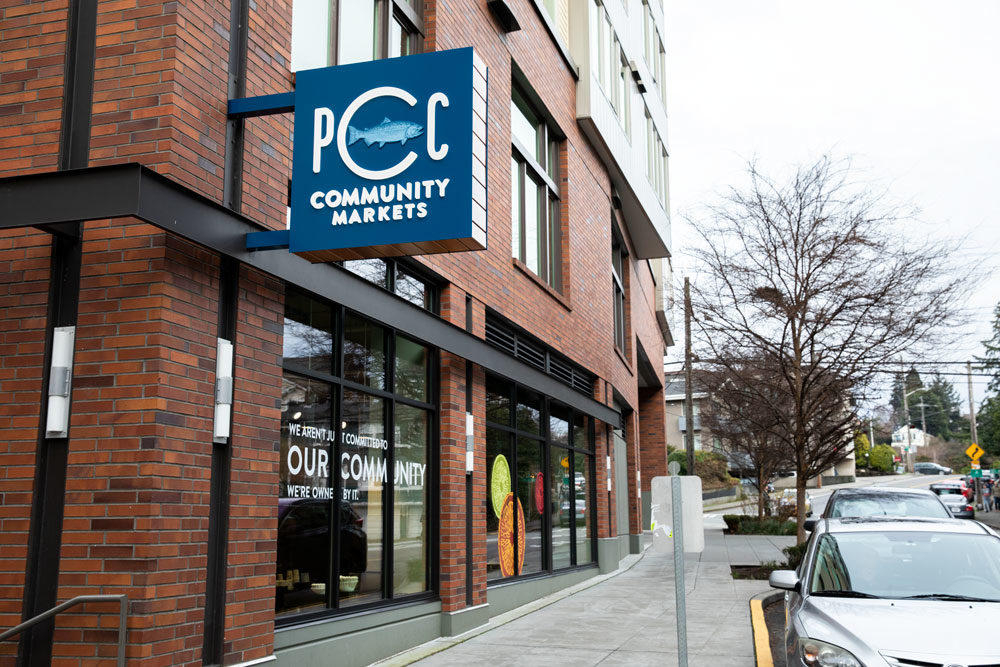The LBC is organized into seven performance areas: Place, Water, Energy, Health & Happiness, Materials, Equity and Beauty. PCC will pursue three of the seven “Petals,” as is required for Petal Certification, across its five new stores, two of which will open later this year and three of which will open in 2020.
PCC is looking to meet requirements for Place, Beauty, and Materials and will be investing in:
- Energy-efficient lighting, heating, ventilation, and refrigeration
- Reclaimed materials
- Building materials and finishes that avoid chemicals with the greatest impact on people and planet
- Sustainable refrigeration systems
- Electric vehicle charging stations
- Bicycle storage and shower facilities for staff
- Habitat Exchange
- Public art and design features with the intent to bring joy and to celebrate culture
Brenna Davis, PCC’s VP of social and environmental responsibility, said in the release: “We set high standards for the food we allow on our shelves and we believe that our stores should be held to equally high standards. In partnership with the International Living Future Institute, we are reimagining how grocery stores are built—using less water and energy, designing refrigeration systems that have a reduced climate impact, utilizing building materials that protect human health, and creating spaces that nurture a deeper sense of connection to the environment and our community.”
The release added that, as noted in the2018 Co-op Purposes Report,co-op sales in 2018 went up 4.5% over 2017, and net income increased from $3,421,084 in 2017 to 3,990,480.










